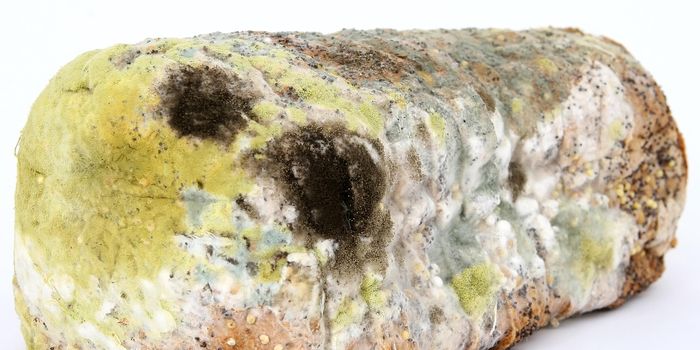"Night Owls" Have Greater Risk of Artery Calcification
A new study published in the journal Sleep Medicine has shown that artery calcification appears to be nearly twice as common in people who sleep in and stay up late compared to people who rise early and go to bed early.
The cross-sectional analysis included 771 older adults (aged 50–64 years) in Sweden who participated in examinations that included an assessment of coronary artery calcification and physical activity. Participants also self-assessed their chronotypes, or their bodies’ natural inclinations to sleep and wake up at certain times. Coronary artery calcification scores of greater than 10 were considered significant calcification, and chronotypes were divided into five categories: extreme morning, moderate morning, intermediate, moderate evening, or extreme evening. The goal of the study was to see how sleep preferences are related to coronary artery calcification, which is an early indicator of atherosclerosis.
The results showed that those who self-identified as extreme evening types had the highest prevalence of significant coronary artery calcification at 40.6%, while those who identified as extreme morning types had the lowest prevalence at 22.2%. While previous research has shown that people who prefer late nights have higher risk of cardiovascular disease, this is the first study to specifically link chronotypes to artery calcification.
The authors of the study noted that these results indicate that those with evening chronotypes may have higher risk of both cardiovascular disease and atherosclerosis. Since coronary artery calcification is an early indicator of atherosclerosis and potential cardiovascular disease, chronotypes may be important early in the disease development process. Therefore, preventive treatment of cardiovascular disease may be particularly important for people with evening chronotypes. Factors for early prevention of heart disease include eating healthful foods, getting regular physical activity, avoiding smoking, controlling weight, controlling cholesterol, and controlling blood pressure. Getting regular sleep and having good sleep hygiene are also essential components of heart health.
Sources: Sleep Medicine, Science Daily








